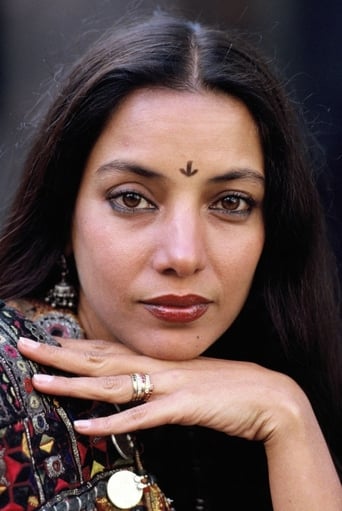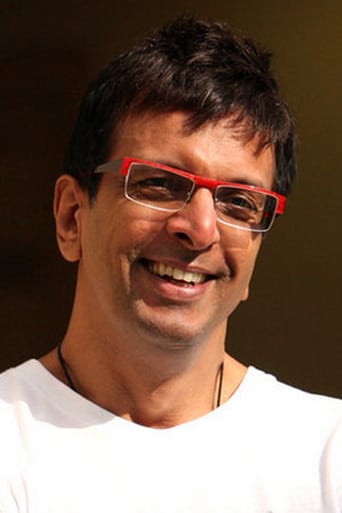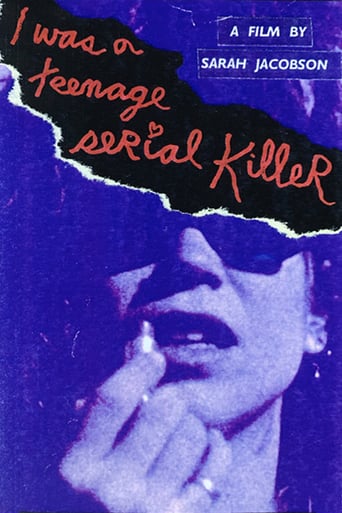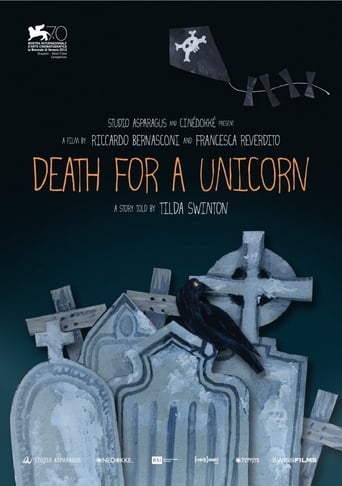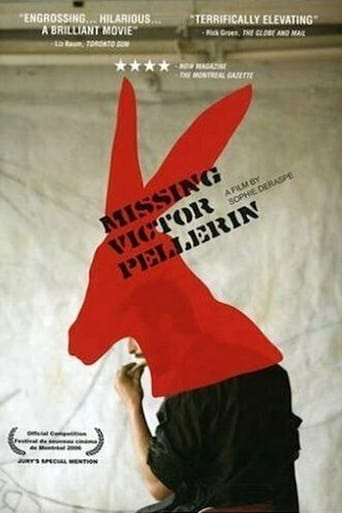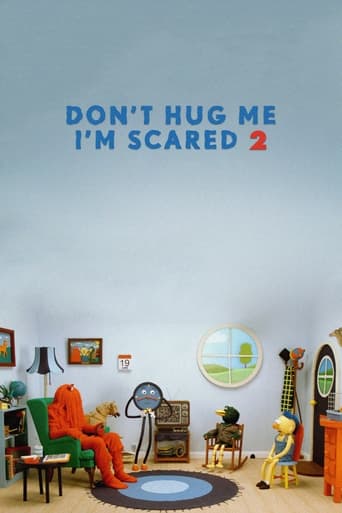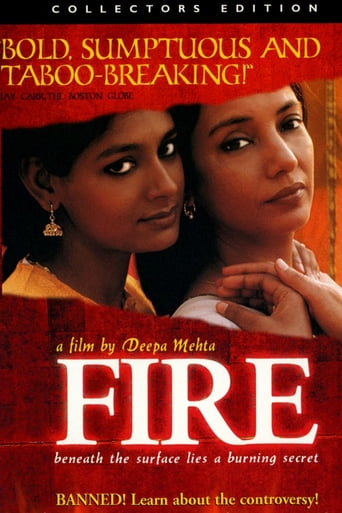
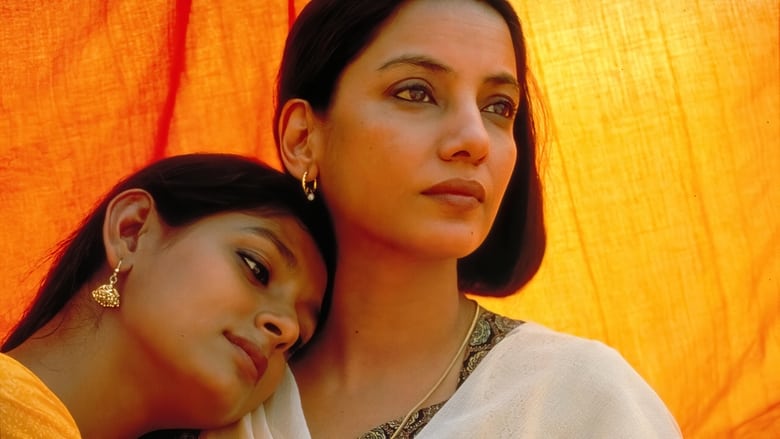
Fire (1997)
In a barren, arranged marriage to an amateur swami who seeks enlightenment through celibacy, Radha's life takes an irresistible turn when her beautiful young sister-in-law seeks to free herself from the confines of her own loveless marriage.
Watch Trailer
Cast


Similar titles
Reviews
Movie was worth watching. Movie has excellent story and all the characters performance are appreciative. In the movie no one is in the lead character, every character has his own story to tell. Even the servant has his story.I liked the movie very much. These kind of movies should be promoted in Bollywood. Although the movie is somehow predictable but at end it is likable. It is a good movie so it is recommended in my opinion.
Remember watching this movie young, but I paid no attention to the story or screenplay and watched it purely of its pornographic content, as it was the first Indian movie that shows lesbianism. Seeing this after 20 years, I feel, the movie projects the concept of "desire" in Indian Women. Indian women are mostly sub-servants and many believe that desire brings ruin for them. Deepa Mehta written and made a bold and awesome movie that was cleared twice by the Censor board and released after a huge opposition by the Shiv-Seniks in Maharashtra. All the actors in this movie gelled so well to the characters and my favourite is Shabana Azmis. ARR BGM from his previous movies esp. BOMBAY THEME adds spice to the screen.The mention of Women on FIRE in the title refers not just to the feelings of Radha and Sita in the movie but the directors' because of her flaming script and screenplay.
I had great expectations of this film. Though it started with great promise, by the end I felt like I had thrown away 108 minutes of my life.I recently read 'The Inheritance of Loss' by Kiran Desai, and I was interested in some film perspectives on India. I had heard good things about Fire, Earth and Water, and found Fire and Earth to rent.The beginning is beautiful, with lush landscapes and interesting composition. The introductions to most characters were intriguing, and I was drawn into the story. This is perhaps the part that would qualify as 'sensitive' as described in other reviews.Then things begin to fall apart.The first clunk of a hob-nail boot on the floor comes when a character suddenly steps completely out of character - like in a Woody Allen Greek tragedy - to deliver the first Big Message from the writer/director.Things quickly go downhill from there. Like a novice train driver running behind schedule, she begins to panic, short-circuits the characterization well done to that point, and charges improbably toward the inevitable and ham-fisted conclusion. The plot turns become increasingly contrived, the foreshadowing yells out loud, and the train finally crashes into the station leaving a big mess. The only thing left are the harsh Big Messages being yelled by the writer/director over the loudspeaker.I am then left wondering why the film got such favorable reviews. I can only speculate people have awarded tons of bonus points for being daring in its subject matter. I'm surprised that is strong enough to cause people to just bump over the jarring flaws without even a comment.Given the subject matter and religious references, perhaps such a film could only be made by someone drawn from that culture. And perhaps those outside that culture are fearful of being disrespectful to that culture by pointing out that by any more objective external standard, the film - the writing, dialog and plot development in particular - is simply amateur. Promising amateur, but amateur nonetheless.My twelve year old hates writing. He dreams up all kinds of interesting stories, and begins writing with great fanfare. After a short time, he gets bored and cannot wait to finish. He chucks logic, forgets development, and just jams whatever odd events he needs to reach the conclusion of the original story. The result looks like he had to jump on the suitcase to get it shut, and even then half the clothes are still hanging out. The job is started, but never properly finished.I was so disappointed that I decided to take both back films without watching Earth, though reading through other reviews on that, perhaps it is better if there were lessons learned from Fire. Everyone needs a place to learn and grow, and perhaps the promise shown early in Fire is delivered more carefully and convincingly in Earth.But coming on the heels of The Inheritance of Loss, which is something approaching a masterpiece compared to Fire, I'm not quite ready to risk another evening just in case.In the hope that Earth and Water are better, I would suggest starting with one of those instead. Chalk this one up to inexperience.
Few movies have dashed expectations and upset me as much as Fire has. The movie is pretentious garbage. It does not achieve anything at an artistic level. The only thing it managed to receive is a ban in India. If only it was because of the poor quality of film making rather than the topical controversy, the ban would have been more justifiable.Now that I've got my distress out of my system, I am more able to analyse the movie: * From the onset the movie feels unreal especially when the protagonists start conversing in English. The director, of course, did not make the movie for an Indian audience; however it underestimated its international audiences by over simplifying it. Watching the character of the domestic help conversing in perfect English is too unreal to be true.* Next we get regular glimpses into Radha's dreams. These scenes are not very effective. They coming up as jarring and obstruct the flow of the movie. I'm still wondering how that philosophical dialogue connected to the story. I felt that the surrealism was lost.* The love scenes felt voyeuristic and are probably meant for audience titillation rather than being a powerful statement. In any case, they do not achieve either of the two.* The names chosen for the women, Radha and Sita, are names of Hindu deities and hence been selected to shock the audiences. However, since the film wasn't meant for Indian audiences in the first place, the shock-through-name-selection is not meant to achieve its goal, which is absurd.* The quality of direction is very poor and some key and delicate scenes have been poorly handled. A better director could have made a powerful emotional drama out of the subject.* The acting felt wooden although Nandita Das brought some life into the role, the others were wasted. I always thought that Shabana Azmi was a good actress but her talent is not evident in this film. The male leads were outright rubbish.In case you are a fan of Earth and wish to see more of the director, stay away from this one. Please.



